Animals
-
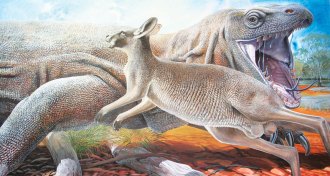 Paleontology
Paleontology‘End of the Megafauna’ examines why so many giant Ice Age animals went extinct
‘End of the Megafauna’ ponders the mystery of what killed off so many of Earth’s big animals over the last 50,000 years.
By Erin Wayman -
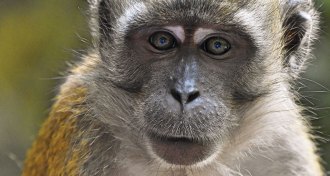 Health & Medicine
Health & MedicineMalaysia is ground zero for the next malaria menace
With deforestation in Malaysia, monkeys and humans are getting closer — and mosquitoes are infecting humans with malaria from monkeys.
By Yao-Hua Law -
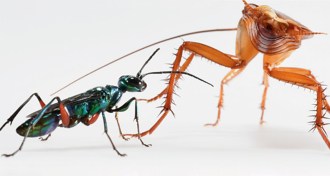 Animals
AnimalsHow roaches fight off wasps that turn their victims into zombies
Cockroaches kick attacking emerald jewel wasps to avoid being incapacitated and buried alive as living meat for the wasps’ young.
By Susan Milius -
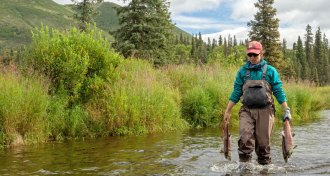 Ecosystems
EcosystemsHow researchers flinging salmon inadvertently spurred tree growth
Scientists studying salmon in Alaska flung dead fish into the forest. After 20 years, the nutrients from those carcasses sped up tree growth.
-
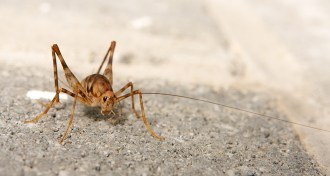 Animals
AnimalsIf you want to believe your home’s bug free, don’t read this book
‘Never Home Alone’ reveals the hidden world living in human-made spaces.
-
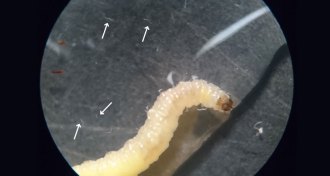 Animals
AnimalsWhile eating, these tiny worms release chemicals to lure their next meal
As they eat insects, one nematode species releases chemicals that attract more insect prey.
By Yao-Hua Law -
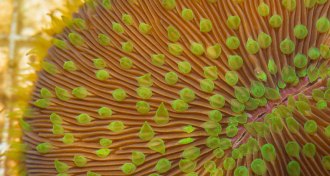 Animals
AnimalsCoral larvae survive being frozen and thawed for the first time
Cryopreservation might help save some coral reefs at risk from climate change and other dangers.
By Susan Milius -
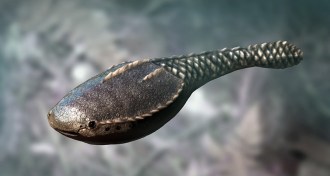 Paleontology
PaleontologyThe first vertebrates on Earth arose in shallow coastal waters
After appearing about 480 million years ago in coastal waters, the earliest vertebrates stayed in the shallows for another 100 million years.
-
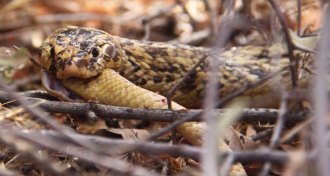 Animals
AnimalsHow a snake named Hannibal led to a discovery about cobra cannibalism
Scientists discovered that cobras in southern Africa eat each other more often than thought. And that may be true for cobras in other places as well.
-
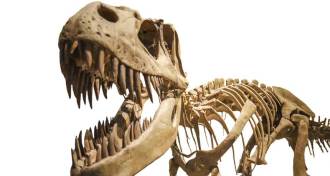 Paleontology
PaleontologyT. rex pulverized bones with an incredible amount of force
Tyrannosaurus rex’s powerful bite and remarkably strong teeth helped the dinosaur crush bones.
-
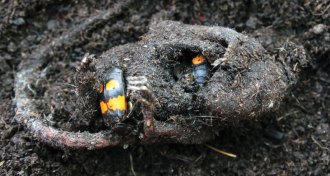 Animals
AnimalsIn cadaver caves, baby beetles grow better with parental goo
A dead mouse — with the right microbial treatment from beetle parents — becomes a much better nursery than your average carcass.
By Susan Milius -
 Animals
AnimalsHow nectar bats fly nowhere
Exquisitely sensitive tech makes first direct measurements of the forces of bat wingbeats.
By Susan Milius